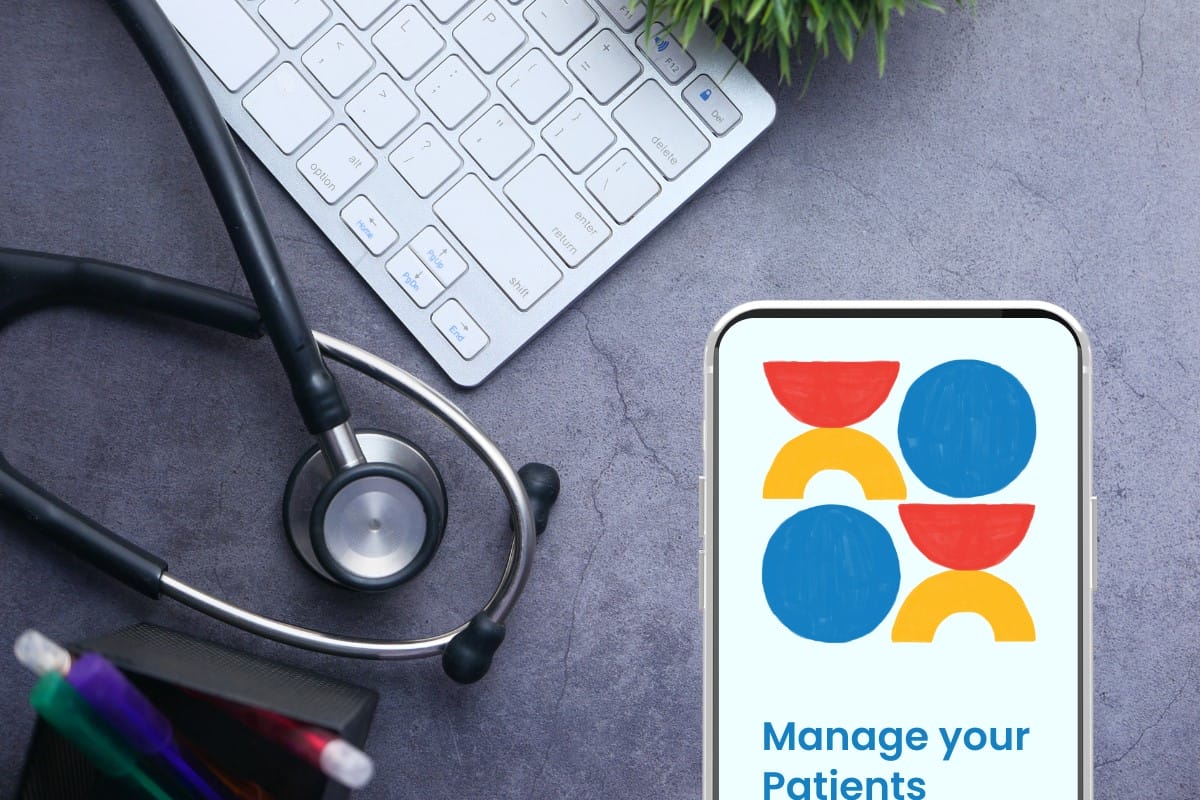Healthcare Mobile Apps
Mobile applications have become an essential part of our everyday lives in today’s fast-changing world, revolutionizing various industries, including healthcare.
As technology continues to advance, a mobile app development company in the USA plays an important role in reshaping patient care and improving the entire healthcare experience.
In this article, we’ll look at five ways mobile applications are transforming patient care in the medical industry.
5. Patient Profiling for Better Diagnosis & Treatment
Patient profiling via mobile applications allows healthcare workers to quickly obtain detailed patient histories and profiles. Doctors can use this data to make more accurate diagnoses and plan treatments by reviewing previous medical records and medication histories.
Understanding patients’ individual origins and health journeys allows healthcare practitioners to efficiently personalize treatment regimens, resulting in better outcomes and patient care.
Mobile applications simplify the diagnosis process, allowing healthcare practitioners to make better decisions based on specific patient data.
4. Medication Management and Adherence
Mobile applications play an important role in medication management and participation, assisting patients in staying organized and following their recommended prescription schedules.
Medication reminder applications provide people with timely reminders to take their prescriptions as recommended.
Some applications also allow patients to log their drug intake, check their vital signs, and schedule refills, resulting in improved medication adherence and health outcomes.
3. Remote Consultations and Telemedicine
Telemedicine is establishing itself as a game-changer in the field of medicine, enabling patients to consult with doctors remotely via smartphone apps.
Telemedicine applications allow patients to set up online appointments with doctors, specialists, and other healthcare professionals, removing the need for physical visits to the doctor’s office.
This not only saves time and money on travel expenditures, but it also increases access to healthcare, particularly for people in rural or remote areas.
2. Chronic Disease Management
Patients with chronic conditions like diabetes, hypertension, or asthma have to effectively control their condition to preserve their health and quality of life.
Mobile applications for chronic illness management give patients the tools and information they need to better monitor their health, track symptoms, and manage treatment programs.
These applications frequently contain features like symptom monitors, medication records, diet and activity trackers, and remote monitoring capabilities, allowing patients to take charge of their health.
1. Personalized Health and Wellness
Mobile health applications are becoming more focused on improving overall health and well-being, providing users with individualized tools and information to help them live better lives.
Mobile applications, ranging from fitness monitors to diet and sleep trackers, provide patients with specific information and recommendations to improve their overall well-being.
These applications frequently employ modern technologies like artificial intelligence and machine learning to evaluate user data and make personalized suggestions based on individual requirements and preferences.
Final Thoughts
In conclusion, mobile apps are revolutionizing patient care in the medical industry.
These applications make medical information more accessible, allow for remote consultations and telemedicine, enhance medication administration, aid in the treatment of chronic diseases, and encourage individualized health and well-being.
As technology evolves, mobile app development companies like Codevian Technologies will continue to drive innovation, transforming the healthcare landscape for the better. With the use of mobile technology, healthcare companies could empower patients, improve healthcare results, and improve the entire patient experience.
Meta: Explore how healthcare mobile apps are shaping the future of the healthcare industry and how mobile apps can help patients and healthcare professionals.
